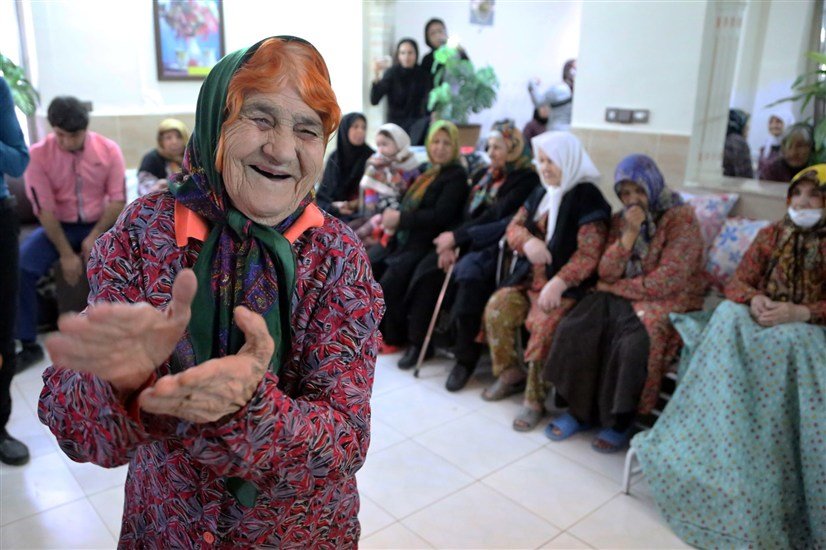Older persons in Iran grow 1.5-fold in a decade

TEHRAN — Census reports indicate that the number of persons, aged 60 years or older, has increased by 1.5-fold over the past decade (2006-2016) in Iran.
In 2006, some 5.1 million people were 60 or older, but the number rose to 6.1 million in 2011 and to 7.4 million in 2016, ISNA reported. Currently, the country’s total population stands at about 80 million, of which some 9.3 percent is 60 or older.
According to the United Nations, for the first time in human history, in 2050, there will be more persons over 60 than children in the world.
Almost 700 million people are now over the age of 60. By 2050, 2 billion people, over 20 per cent of the world’s population, will be 60 or older. The increase in the number of older people will be the greatest and the most rapid in the developing world, with Asia as the region with the largest number of older persons, and Africa facing the largest proportionate growth.
Madrid International Plan of Action on Ageing
Unfortunately ageism is synonymous with being excluded and devalued and undermining older persons rights and blocking their contributions to social, economic, cultural and political life.
Being retired older persons are usually excluded from social life, and the desperate loneliness they may experience would trigger many mental disorders. Moreover older persons need more medical care considering the age and the limited retirement pension won’t usually do.
As older persons become an ever greater proportion of the total population, they will become an ever greater force to be reckoned with in society – politically, economically and socially.
This sentiment is clearly in line with the objectives of the Madrid International Plan of Action on Ageing, which is to ensure that people can age with security and dignity and that they may continue to participate fully in their societies as citizens with full rights. Older persons should be afforded the possibility to become actively engaged in the development process and in society so that their skills, experiences, wisdom and knowledge can be put to use for the benefit of all.
The active participation of older persons in society and development is based on providing older persons with the opportunity to continue contributing to society. The contributions of older persons reach beyond their economic activities and extend into their roles in families and in the community.
Often these contributions cannot be readily measured in economic terms: care for family members, productive subsistence work, household maintenance and voluntary activities in the community. Participation in social, economic, cultural, sporting, recreational and volunteer activities also contributes to the growth and maintenance of the personal well-being of older persons and the population at large.
The active participation of older persons in society and development in Iran is about 16.2 percent. The participation of older persons in rural areas is twice the participation rate of the older persons in urban areas.
Females outnumber males
Worldwide, among those aged 80 years or over, women are nearly twice as numerous as men, and among centenarians women are between four and five times as numerous as men.
In Iran the ratio of male to female ageing 60 or over is 97 to 100. Regarding the higher death rates for men and lower life expectancy among them the number is not very farfetched.
“Stepping into the future”
As published in United Nation’s official website the theme of the 2017 International Day of Older Persons, October 1, is “Stepping into the Future: Tapping the Talents, Contributions and Participation of Older Persons in Society.” It is about enabling and expanding the contributions of older people in their families, communities and societies at large. It focuses on the pathways that support full and effective participation in old age, in accordance with old persons’ basic rights, needs and preferences.
This year’s theme underscores the link between tapping the talents and contributions of older persons and achieving the implementation of the 2030 Agenda and the Madrid International Plan of Action on Ageing, which is currently undergoing its third review and appraisal process.
MQ/MG
Leave a Comment